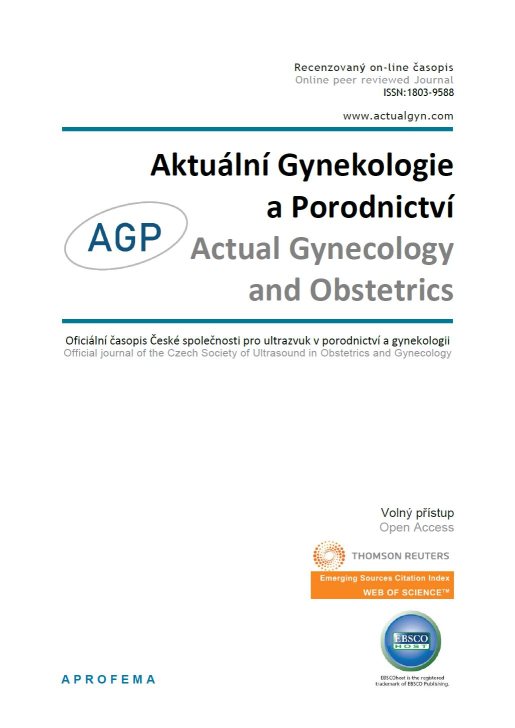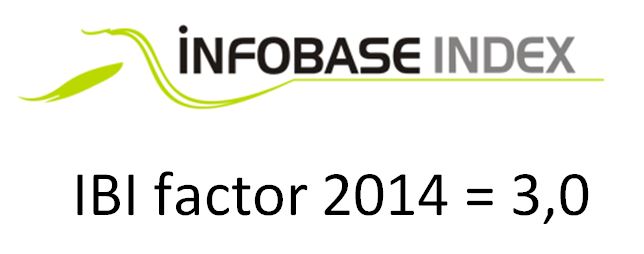











 Official publication of the Czech Society of Ultrasound in Obstetrics and Gynecology.
Official publication of the Czech Society of Ultrasound in Obstetrics and Gynecology.

The surgical treatment with an effort for maximal cytoreduction is the most important therapeutic method in early and majority of advanced ovarian cancer. Most patients undergo an adjuvant chemotherapy based on a combination of platinum and taxane after primary cytoreductive surgery. Approximately 30% of patients with ovarian carcinoma have any of the signs of inoperability at the time of diagnosis. Neoadjuvant chemotherapy is then initiated and followed by interval debulking surgery in case of a good effect of the treatment.
The combination of surgical treatment and chemotherapy as an initial therapy of ovarian cancer achieves high curative responses. However, the recurrence, shortened disease-free interval (due to decreasing response to chemotherapy in subsequent treatment) and decreased 5-year survival are observed in more than 50% of patients in spite of a complete response to initial treatment.
New methods in the systemic treatment of ovarian cancer are investigated for improving prognosis, prolonging progression free interval and overall survival of the patients with ovarian cancer.
Recently, the targeted molecular biological therapy has achieved the most progress. Increasing knowledge of the internal molecular processes, the recognition of cellular receptors and the understanding of the transmission of information within the cell are the principles of use and success of biological treatment. The basic parts of targeted treatment are monoclonal antibodies and low-molecular-weight receptor tyrosine kinase inhibitors.
Hormonal therapy is used with relatively low response rate only in later stages of the systemic treatment of ovarian cancer.